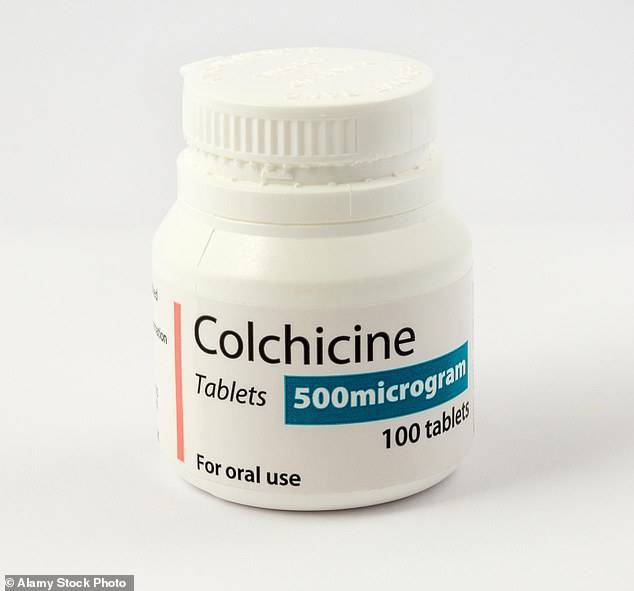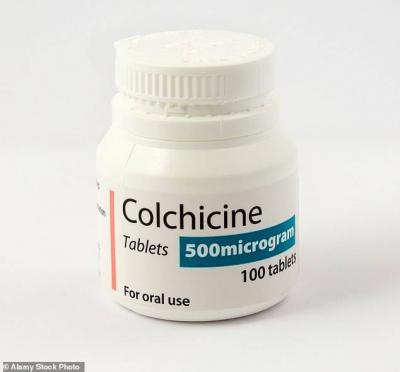Doctors say that the inexpensive drug used to treat gout may help patients with severe coronavirus (COVID-19) recover more quickly and keep them out of the hospital. Colchicine has been shown to reduce hospitalization times for COVID-19 patients, particularly those with respiratory issues.
Notably, Colchicine is one of the oldest treatments still in use today. A team of Brazilian researchers stated that it works by inhibiting inflammation, which is a hallmark of moderate to severe coronavirus infection. Their study found that Colchicine reduces the time patients spend on ventilators by nearly 40%, significantly accelerating recovery. Researchers from the University of São Paulo wrote: "Colchicine reduced the length of both supplemental oxygen therapy and hospitalization; whatever its mechanism of action, it appears to be beneficial for treating patients with severe symptoms due to COVID-19."
In fact, COVID-19 causes death by inducing an exaggerated immune response, which can lead to so-called "cytokine storms" and organ failure. The study highlighted that systemic inflammation is a defining feature of hospitalized COVID-19 patients, for which there is no specific treatment other than supportive health care and attempts to control the immune system by reducing white blood cell activation. The use of Colchicine for this purpose may be worth testing.
The study's authors noted: "Patients receiving Colchicine had reduced needs for early ventilator use, and their hospitalization periods were also quicker."
Regarding further tests on the drug's effectiveness in the future: this study was not able to show whether Colchicine could prevent the need for intensive care or reduce the risk of death. However, it demonstrated that it can decrease the body’s inflammatory response and help prevent damage to the endothelial cells lining blood vessels. The study states: "This is the first clinical trial to use Colchicine for treating or alleviating the severity of COVID-19 symptoms and may be considered an adjunct treatment for patients hospitalized due to severe symptoms related to COVID-19."




